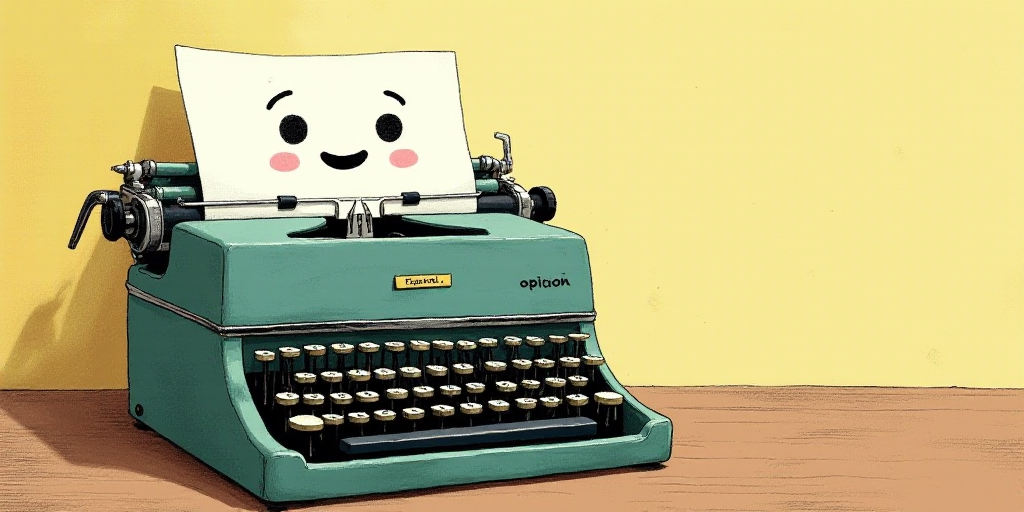Introduction
The BRICS summit, comprising Brazil, Russia, India, China, and South Africa along with new lightweight partners, recently took a controversial stance. They defended Iran’s terrorism, criticized Israel, and supported Russia’s invasion of Ukraine. This article explores the implications and contradictions of their actions.
BRICS’ Support for Dictatorships and Human Rights Violations
At the summit, Brazil’s President Luiz Inácio Lula Da Silva warmly embraced Cuba’s dictator Miguel Díaz-Canel, ignoring the country’s 66 years of authoritarian rule and over 1,100 political prisoners. Lula dismissed the existence of political prisoners and human rights concerns in Cuba, showcasing a blatant disregard for the situation.
Colombia and Mexico’s Rejection
Colombian President Gustavo Petro and Mexican President Claudia Sheinbaum distanced themselves from Lula’s anti-Western stance, fearing it could further strain already tense relations with the United States.
Lack of Support from Communist Superpowers
Russia’s President Vladimir Putin participated virtually, while China’s Xi Jinping did not even join via video call. This highlights the diminished relevance of the BRICS summit in the global arena.
BRICS’ Internal Divisions and Weaknesses
The BRICS bloc has failed to replace the dollar and their development bank lags far behind institutions like the World Bank and International Monetary Fund, established by the United States after World War II.
BRICS’ Contradictory Policies
Despite criticizing the United States, the BRICS summit pleaded for an end to tariffs, sanctions, and trade wars, essentially seeking continued commerce with the very nation they claim to oppose.
Defending Russia and Ignoring Victims
The BRICS condemned attacks on Russian infrastructure “in the strongest terms,” effectively defending the aggressor while implicating victims. They also called for UN intervention in Iran and Gaza but remained silent on Russia’s war crimes, emphasizing sovereignty and self-determination.
Internal Conflicts Weakening the BRICS
China’s military support for Pakistan strains its relationship with India, while Ethiopia and Egypt’s ongoing Nile dispute, along with tensions between Iran and Saudi Arabia, further weaken the BRICS bloc.
BRICS’ False Promises
The BRICS promote integration without integrity, development without democracy, and prosperity without principles. They overlook the strength of the dollar and the Western model, rooted in a robust economy and democratic institutions with checks and balances.
Key Questions and Answers
- What is the BRICS summit? The BRICS summit is an annual meeting of Brazil, Russia, India, China, and South Africa, along with new lightweight partners, to discuss global issues and promote cooperation.
- Why is the BRICS’ stance contradictory? The BRICS criticize Western policies while seeking continued trade and support dictatorships, human rights violators, and aggressors, creating a clear contradiction in their actions.
- How have internal conflicts affected the BRICS? Internal disputes, such as China’s support for Pakistan and tensions between India and its neighbors, have weakened the BRICS bloc’s unity and influence.
- What are the BRICS’ goals? The BRICS aim to promote economic development, integration, and a multipolar world order, but their contradictory policies and internal conflicts hinder their progress.






